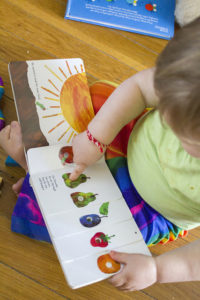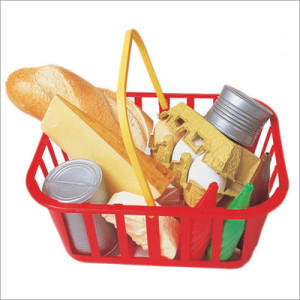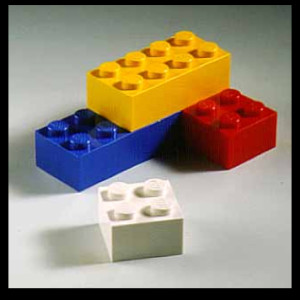 November 21, 2018 will be the 46th annual World Hello Day. Anyone can participate in World Hello Day simply by greeting ten people. This demonstrates the importance of personal communication for preserving peace.
November 21, 2018 will be the 46th annual World Hello Day. Anyone can participate in World Hello Day simply by greeting ten people. This demonstrates the importance of personal communication for preserving peace.
World Hello Day was begun in response to the conflict between Egypt and Israel in the Fall of 1973. Since then, World Hello Day has been observed by people in 180 countries.
People around the world use the occasion of World Hello Day as an opportunity to express their concern for world peace. Beginning with a simple greeting on World Hello Day, their activities send a message to leaders, encouraging them to use communication rather than force to settle conflicts.
As a global event World Hello Day joins local participation in a global expression of peace. The World Hello Day web site address is http://www.worldhelloday.org.

 Being an au pair is an important role in a child’s life. When you are caring for young children up to 45 hours per week, there are lots of opportunities to help them learn language. Many host parents are eager for their children to be exposed to more than just English. If this is true of your host parents, you can try the suggestions below, in both English and your native language.
Being an au pair is an important role in a child’s life. When you are caring for young children up to 45 hours per week, there are lots of opportunities to help them learn language. Many host parents are eager for their children to be exposed to more than just English. If this is true of your host parents, you can try the suggestions below, in both English and your native language.

